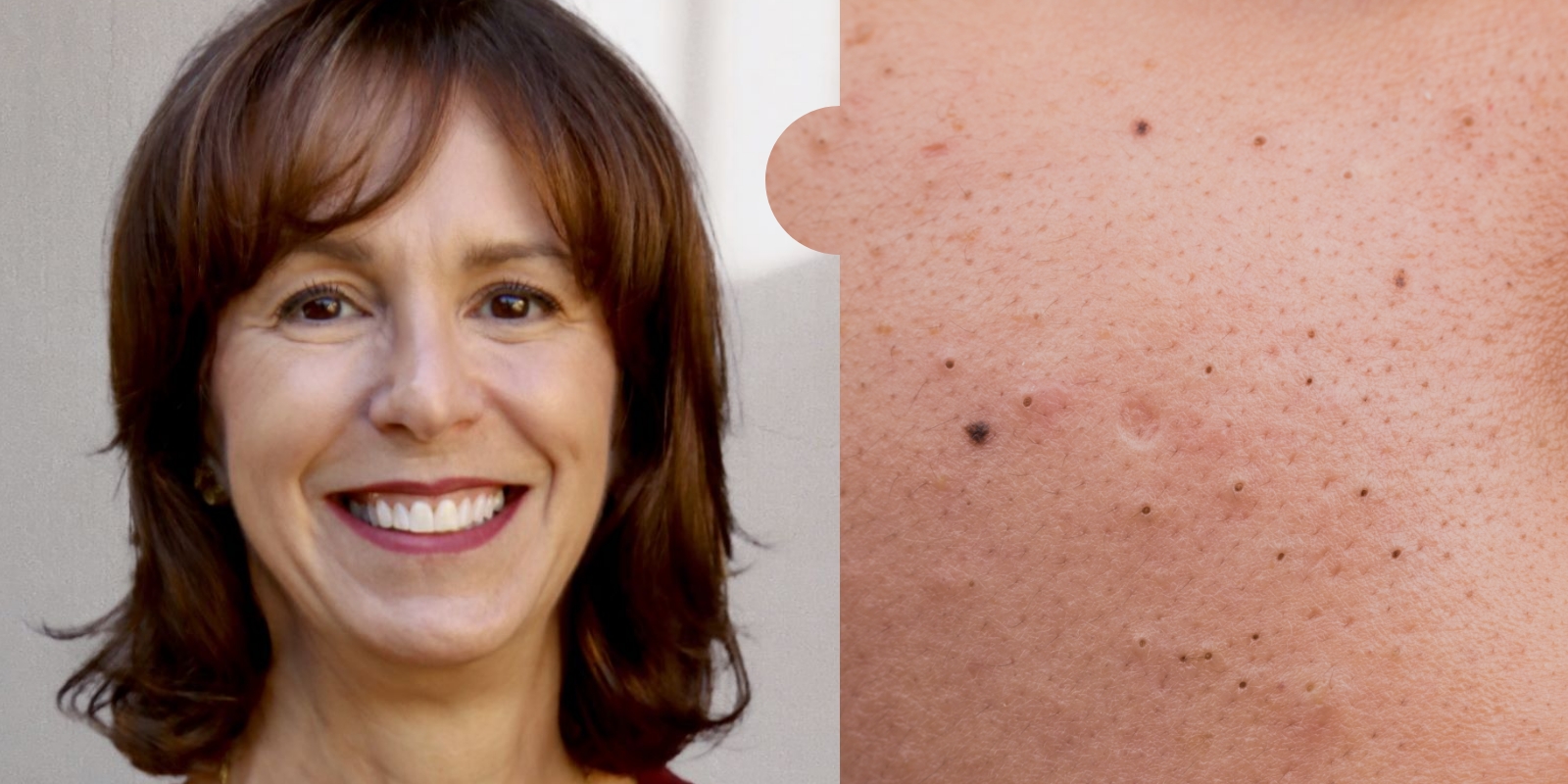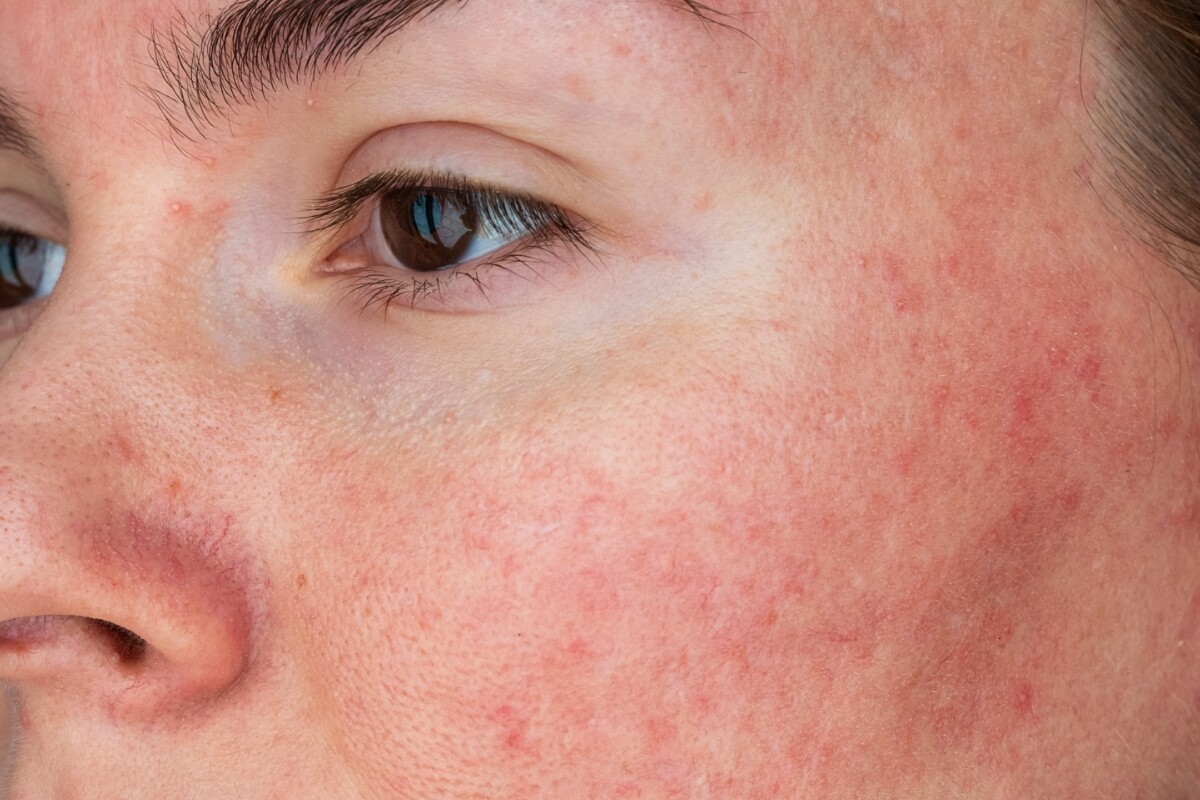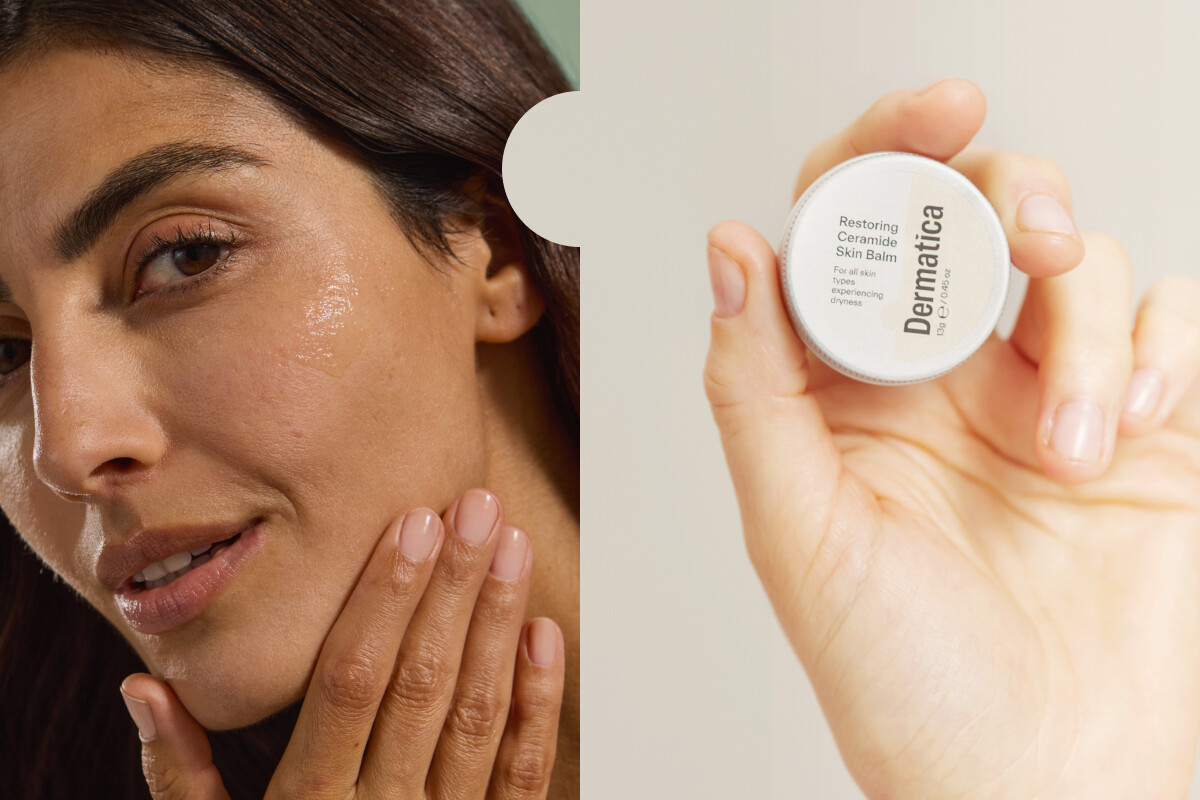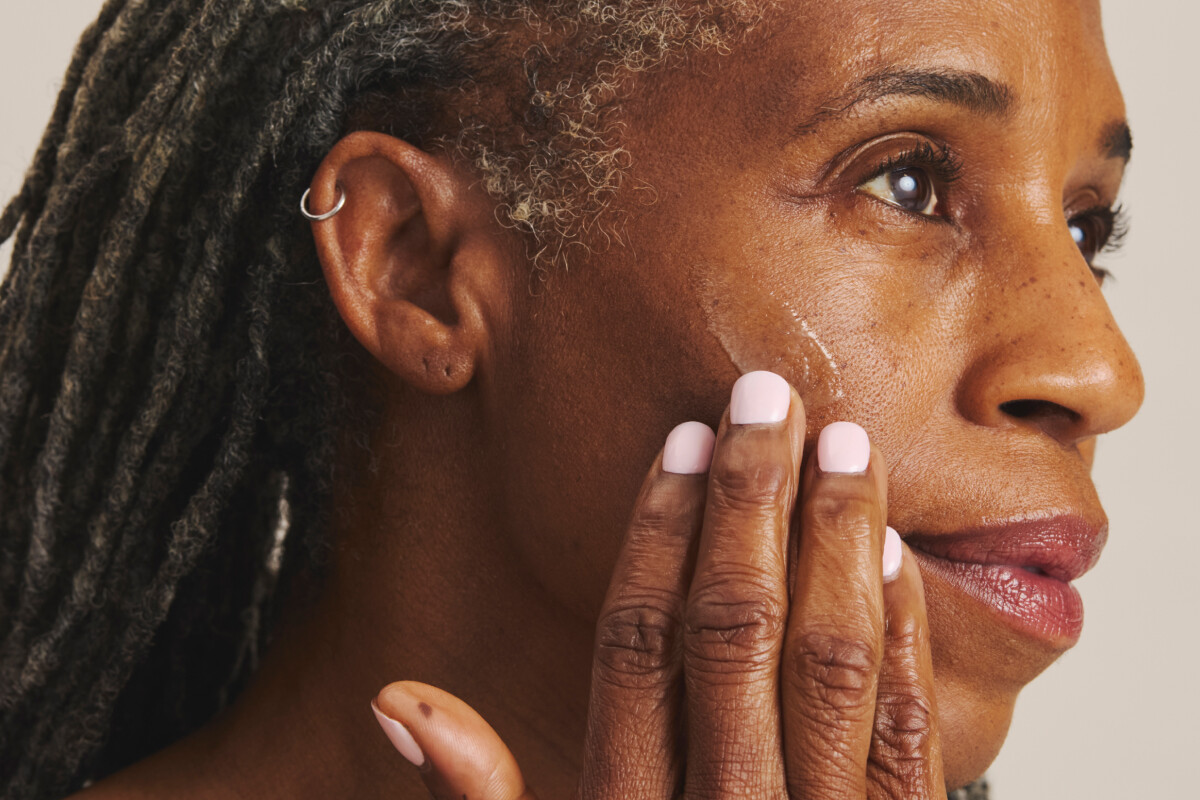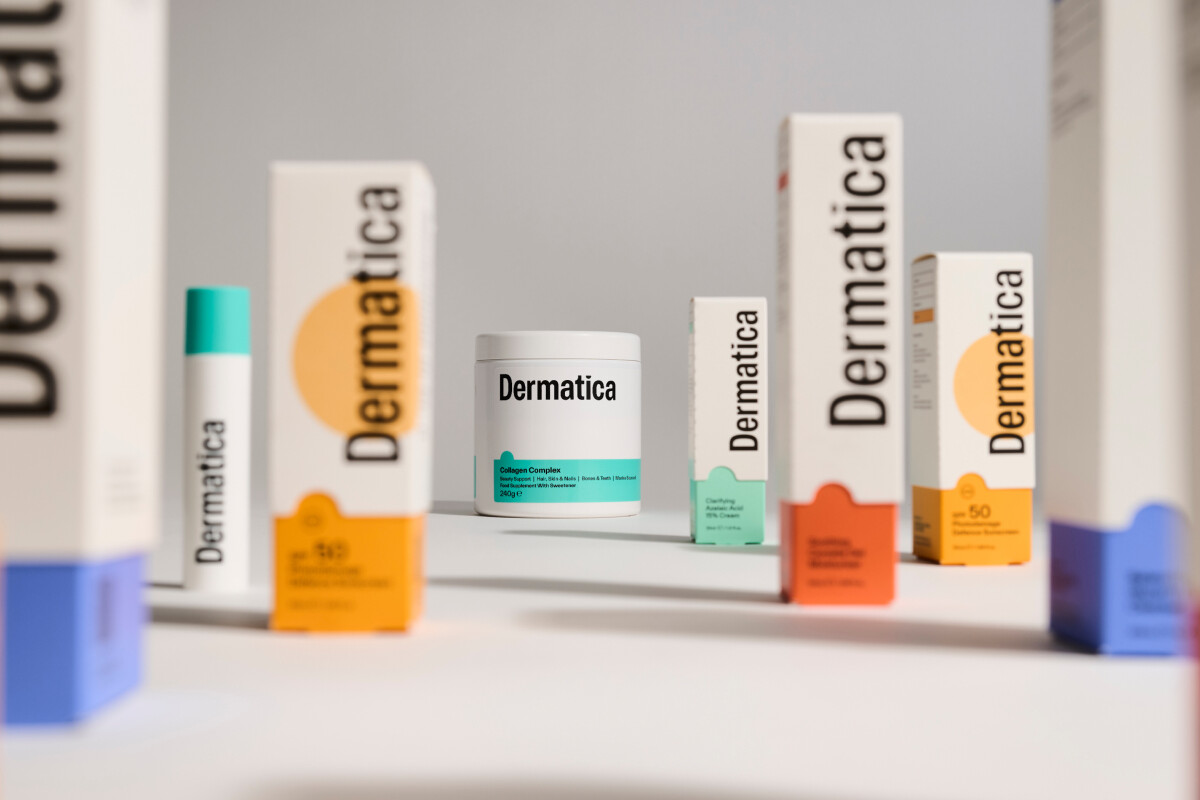I used to think acne was just something teenagers dealt with, but when I hit 30, I started getting it despite having clear skin throughout my teens. Is it common to develop acne for the first time as an adult, and why does it happen?
Rochelle, 34, Manchester, Acne
A: Well, you’re right! It’s a common misconception that acne can only affect you in your teenage years — it can continue, or reappear, at any time during adulthood, regardless of whether or not you grew up with clear skin. Although it may be surprising to experience spots beyond your 20s, or even in your 50s, it’s no cause for concern! Let’s explore the possible causes and triggers of adult acne.
- It could be in your genes
Genetics play a huge role in the development of adult acne. Some people are simply genetically predisposed to breakouts, and your genes can affect the location and severity of your acne, too.
- Hormonal changes
Many causes of acne are hormonal. Premenstrual symptoms, starting or stopping contraception (including pills, IUDs and implants) and hormonal changes during pregnancy and menopause can all result in acne breakouts. It’s rare that hormonal acne is a sign of an imbalance or health problem, although sometimes it could be an indicator of abnormal hormone levels caused by underlying conditions (such as polycystic ovary syndrome). Most of the time, the natural fluctuation of hormones — whether that’s over the course of a month, or during different phases of your life — are the primary cause.
- Increased stress
Stress causes increased levels of the hormone cortisol in your body, so we often see flares of acne during difficult times. The good news is that as your emotional stress reduces, the acne usually subsides, too.
- Some skincare products
Applying oily or comedogenic products to the face causes acne flares by altering the microbiome of your skin and blocking the pores. If you’re prone to acne, this will cause breakouts so you should avoid them.
- Skin friction
Acne mechanica is caused by persistent, low-grade pressure on the skin. Anything that rubs against your skin can cause it; wearing hats and visors, athletic pads or helmets, and even subconsciously resting your chin or cheek on your hand for long periods of time. These items don’t even have to be dirty, or have bacteria on them, to cause a breakout — the pressure on your oil glands is enough.
Addressing your acne triggers
If you’re suffering from adult acne, it’s important that you identify and eliminate any triggers within your control. Avoid using any skincare products and cosmetics that contain oil. If you’re unsure whether something contains oil, check the ingredient list and don’t use anything with an oil listed within the first four ingredients. Look for products labelled ‘non-comedogenic’ as well — that means it’s unlikely to cause pore blockages. Physical barriers to the skin, like wearing a hat to minimise UV exposure, can be harder to remove from your routine as they’re important for your skin health. Just make sure you’re giving your skin plenty of time to breathe throughout the day.
As for your skincare routine, start simple: wash your face with gentle cleansing products morning and night. Our Purifying Cleanser is formulated to clean the skin without causing irritation, or drying it out. Avoid scrubbing or using skin brushes, as they can stimulate and irritate oil glands. If you’re using topical medication for your acne, you shouldn’t also use products that contain glycolic or salicylic acid — mixing them can cause excessive dryness. If your skin feels dry or tight after cleansing, apply an oil-free moisturiser; we’ve formulated our Ultralight Recovery Moisturiser to restore hydration and nourish your skin without causing breakouts.
If you’re still suffering from breakouts despite caring for your skin properly and eliminating acne triggers, don’t worry. Acne in adults can be successfully treated with topical medications. Dermatica offers several prescription treatments that are effective, backed by science and designed specifically for adult skin.
Looking to start treating acne? Start a consultation today and we’ll recommend the right ingredients for you.
Already a member of the Dermatica community? You can access tailored acne advice via your dashboard.
Dr Lynn Sydor
Dr. Lynn Sydor is a board-certified dermatologist with 30 years of experience in the field. Dr. Sydor is a member of the American Academy of Dermatology, the California Society of Dermatology and Dermatologic Surgery, the Pacific Dermatologic Association, and the California Medical Association.

